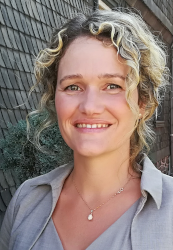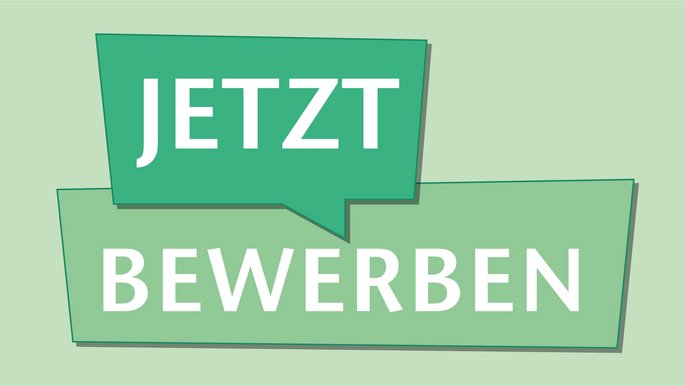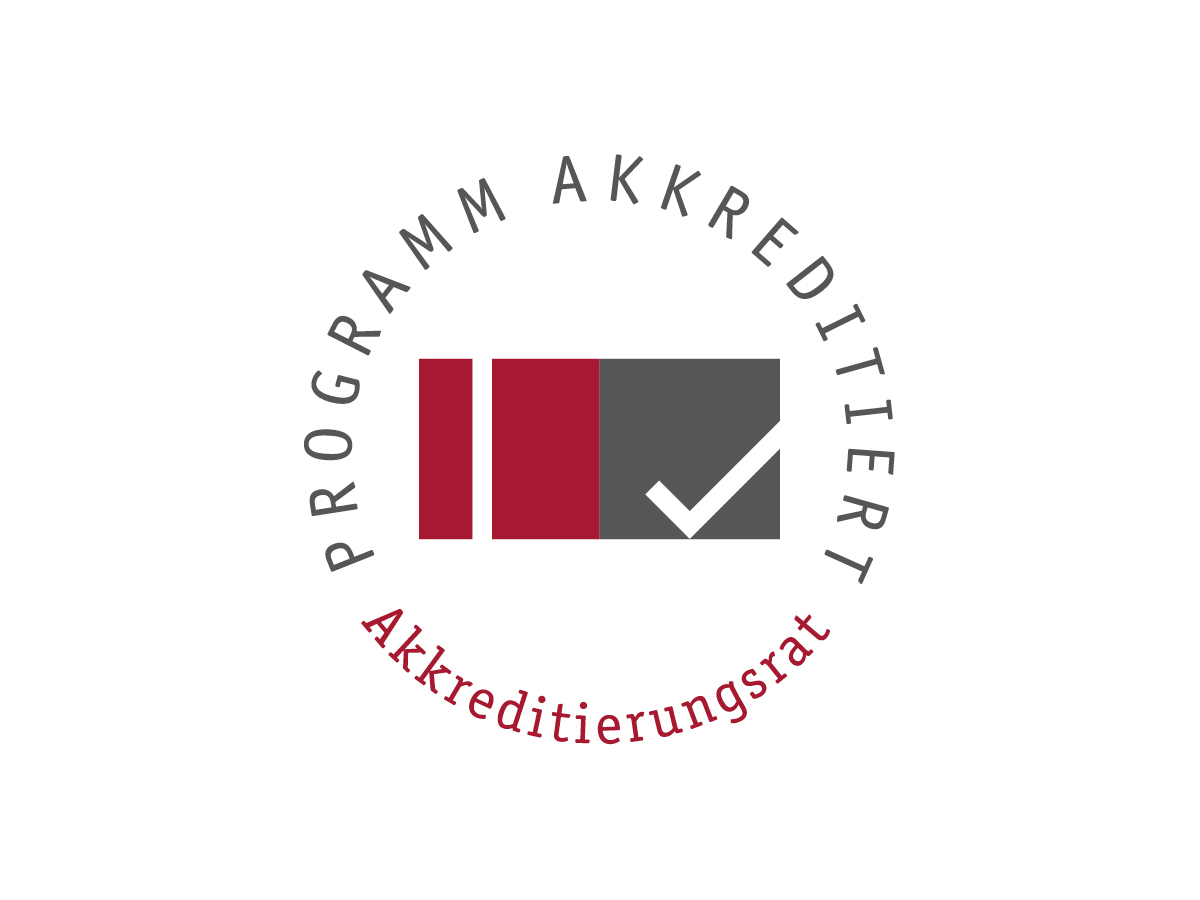The energy transition in the electricity, heating, transport and industrial sectors poses major challenges for the energy system: The fluctuating renewable energies on the one hand and the increasing electricity consumption due to sector coupling on the other must be coupled by intelligent management systems and new storage systems in such a way that the fluctuating energy generated is used efficiently. This system integration as well as the conception and design of the required new technologies are considered in the Energy Systems Engineering course. In addition to further engineering fundamentals, students can choose between four fields of study and either expand their system-wide overview or deepen their own focus in the elective area.
Job profile and labor market
The broad training opens up a wide range of fields of activity for graduates in all companies associated with the energy transition, particularly in management and development activities. In addition to traditional energy supply companies, this includes manufacturers of generation and storage systems as well as converter systems. In the course of sector coupling, vehicle manufacturers, companies active in the field of building technology and industrial companies will also be potential employers for engineers in energy system technology in the future. There are also consulting companies, authorities and associations as well as ministries that control and regulate the energy transition. Last but not least, it is also possible to enter research at universities or non-university research institutes. In summary, studying energy systems engineering opens up a wide range of fields of activity in all areas of the energy system.
- Plant operators
- Manufacturers of e.g. wind turbines, PV systems, converter systems, battery storage systems, charging infrastructure, electric vehicles
- Planning and engineering offices
- Energy supply companies
- Grid operators
- Authorities and associations
- Energy consulting agencies
- Universities and research institutes
What makes the degree program in Clausthal special
In the "Sustainable Energy Systems" research focus area at Clausthal University of Technology, researchers from various working groups are working on the future of our energy supply on an interdisciplinary basis. Together with industrial companies, they are researching new technologies and, in particular, system integration and new business models. During their studies, students are involved in this research in student research projects and, if interested, as student assistants. Due to the proximity to industry, these research projects create opportunities for future employment. In addition, there is a very good supervisory relationship during the course of study, on the one hand through a mentoring program and on the other through close contact with employees.
Structure of the study program
In addition to in-depth engineering fundamentals, the Master's in Energy Systems Engineering offers two fields of study on the core topics of the energy system: the Electrical Energy System field of study focuses on the generation, distribution and use of renewable energy. The Thermal Energy System field of study, on the other hand, deals with the decarbonization of thermal processes in power plants and in industry. The fields of study are assigned to research groups at Clausthal University of Technology so that current topics and issues are constantly dealt with and discussed. In a broad range of compulsory electives, the individual focus can be further deepened or expanded with interdisciplinary skills. In the third semester, the content of the different fields of study is combined in a joint project in which an energy system is modeled and designed using a real-life example. The course concludes with the Master's thesis, which can be written either at the university as part of a research project or in industry.
- Engineering Mathematics 3
- Control Engineering 2
- Heat Transfer 2 & Thermodynamics 2
- Sector coupling
- Fields of study:
- Electrical Energy System
- Thermal Energy System
- Project Energy System Modeling
- Master thesis

Hannes Hanse, M.Sc.
Phone: +49 5323 72-2595
Fax: +49 5323 72-2104
E-mail: ma.est@tu-clausthal.de
Institute of Electrical Power Engineering and Energy Systems
Leibnizstraße 28, Room 801
38678 Clausthal-Zellerfeld

Prof. Dr. Ines Hauer
Phone: +49 5323 72-2176
Fax: +49 5323 72-2104
E-mail: ines.hauer@tu-clausthal.de
Institute of Electrical Power Engineering and Energy Systems
Leibnizstraße 28
38678 Clausthal-Zellerfeld
Overview
Type of program: Master
Duration: 4 Semester
Language of instruction: German
Degree: Master of Science (M.Sc.)
Start date: Admission to the winter semester, but also to the summer semester possible.
Accreditation: Urkunde ASIIN
Beginning of studies
Welcome Weeks (before lectures begin)
TU Clausthal supports students as they start their studies with various event formats.
Pre-course in mathematics (before the start of lectures)
The Institute of Mathematics offers a pre-course in mathematics for Bachelor's degree programmes (in German). Master's students who would like to refresh their mathematics knowledge are also welcome to attend this course.
Admission requirements
The Clausthal University of Technology offers a Bachelor's degree program in Energy Technologies . This forms a unit with the Master's program in Energy Systems Technology. The contents are optimally coordinated for a consecutive study program. Under certain conditions, it is also possible to transfer from the bachelor's programs in Energy and Raw Materials, Mechanical Engineering and Energy and Materials Physics to the master's program in Energy Systems Engineering.
Documents
Study program flyer
Model study plan
valid for AFB 2023
valid for AFB 2022
valid for AFB 2016
Examination regulations
- General examination regulations
- Implementation Regulations (2023), valid as of WS 2023/24
- Implementation Regulations (2022), valid until the end of WS 2026/27
- Implementation Regulations (2016), valid until the end of WS 2025/26
Admission regulations
Elective catalogs
valid for AFB 2023
valid for AFB 2022
valid for AFB 2016
Module Manual
valid for AFB 2023
valid for AFB 2022
valid for AFB 2016



